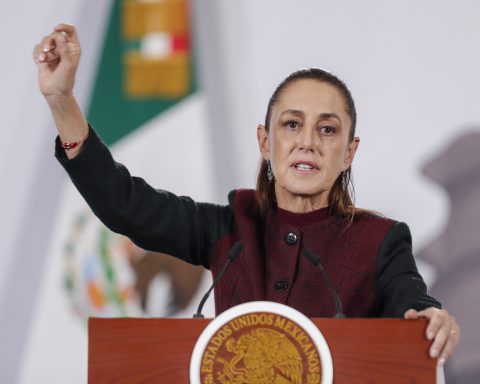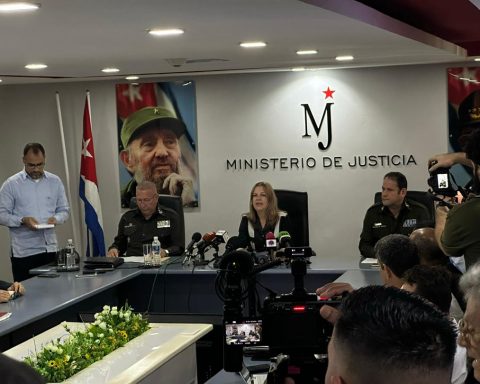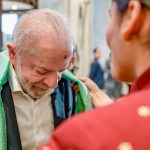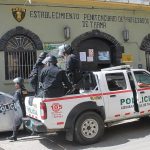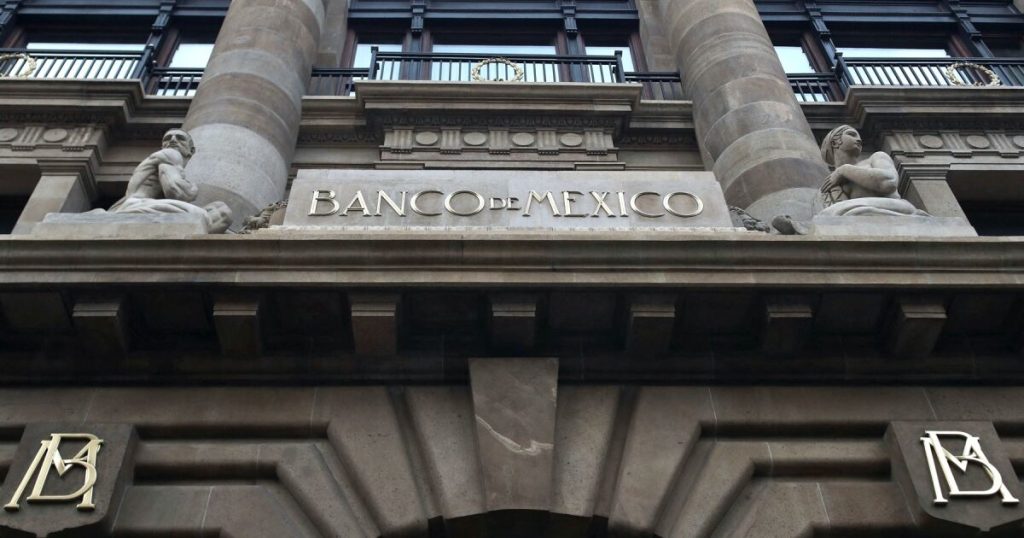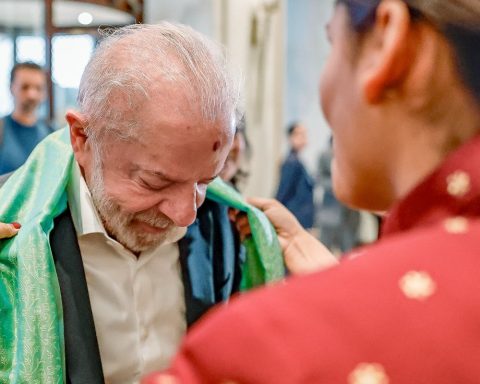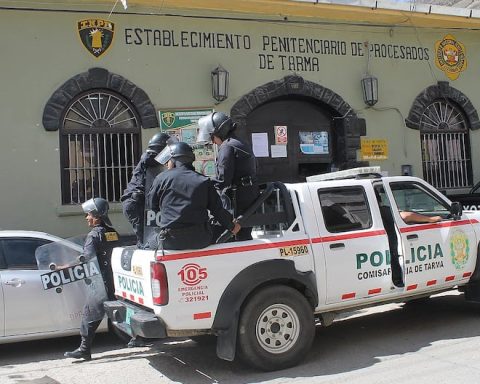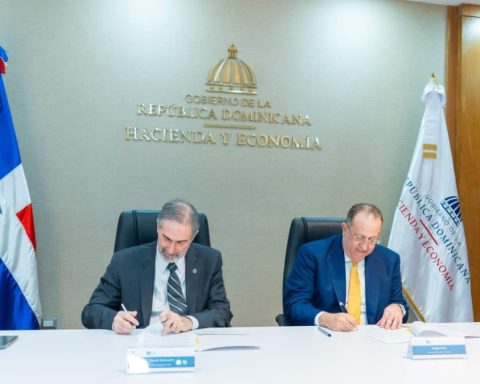HAVANA, Cuba. – University autonomy is one of the most important achievements of democratic societies. It allows higher education institutions to operate without the supervision of external entities, almost always authoritarian states that often aspire to control, and in many cases to ideologize, the university environment.
In Cuba, university autonomy has fluctuated. In times of great student effervescence, such as when Julio Antonio Mella founded the Federation of University Students (FEU) in the 1920s, or in the heat of events that promoted democratic institutionality in the country, university autonomy was present. On the other hand, it retreated or collapsed definitively in regimes such as that of Gerardo Machadoand the left-wing totalitarianism that we now suffer.
It would be in 1923, during the government of Alfredo Zayaswhich allowed the most civil liberties in the entire republican period, when university autonomy appeared in Cuba. An achievement that, after the setbacks imposed by the Machado regime, would once again find moments of splendor in 1933 during the Hundred Days Government (Grau-Guiteras), and later in the governments emanating from the 1940 Constitution.
In the 50s, despite the island passing through the dictatorship of Fulgencio Batistastudent leaders of the stature of Jose Antonio Echeverria They took advantage of the channels of participation that remained open in society to keep the spirit of rebellion alive in universities.
However, the arrival of Fidel Castro coming to power in 1959, with the establishment of a totalitarian system, would gradually close all spaces for participation by civil society, and university autonomy would gradually disappear with the growing government interference in university affairs.
First there was pressure from those in power to prevent the election of the young Catholic. Pedro Luis Boitel to the presidency of the FEU. This was followed by the purge of the teaching staff, a process in which those teachers who did not conform to the directives of the country’s political authorities left the classrooms.
The University Reform of 1962 The end result was to checkmate what remained of the autonomy of the university campuses. This was an offensive that was complemented by the tremendous slogan of 1971 “The university is for revolutionaries”, and then by the Process of Deepening Consciousness at the end of that decade, which removed from the classrooms hundreds of students who were inconvenient to the regime.
After such events it was difficult to imagine that anyone would think of talking about university autonomy in Cuba. However, during the recent National Council of the FEU, held recently in Santiago de Cuba, the talkative and new national president of the FEU, Ricardo Rodríguez González, according to the state newspaper Rebel Youth“spoke on behalf of autonomy, which is one of the Federation’s achievements, backed by the prestige it has gained throughout its history and the strength and potential of the university student movement.”
Well, we immediately notice that the autonomy to which the FEU boss refers is not the impetus of José Antonio, but rather the obedience to comply without complaint with what is directed from the highest spheres of power.
And now the order is to incorporate university students into the workforce, with the aim of alleviating the labor force deficit that exists in the country. A deficit caused by the great wave of migration affecting the nation, as well as by the exodus of state workers towards non-state forms of management.
At first the regime implemented the so-called “job fairs” on university campuses, a mechanism through which available job positions are offered to students. Always after their teaching hours, which overloads the daily schedule of the students.
According to information provided by the aforementioned National Council of the FEU, the new task that lies ahead, through an agreement with the Ministry of Labor and Social Security, is to provide other job offers, this time to “vulnerable students” whose families do not have other sources of income.
Those who believe in the supposed philanthropic spirit of the authorities as the main motive behind these job offers to students are welcome. We prefer to bet on the utilitarian vein that youth labour could bring to the ailing and semi-abandoned business system.

